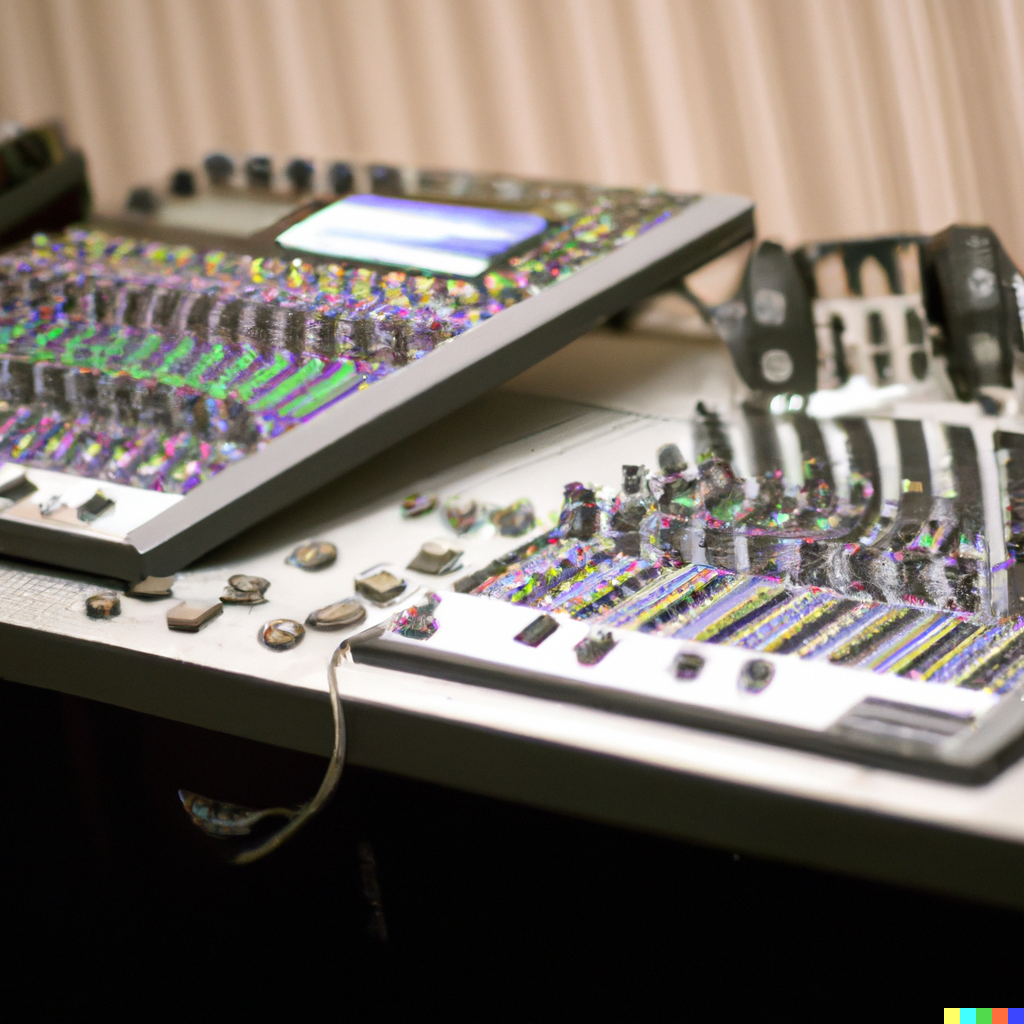The History of Music Engineering and Its Pioneers
Music is an art that has been appreciated for centuries. The advancement of technology has enabled the production of music to become more refined and sophisticated. Music engineering is an integral part of music production, and it has played a significant role in the development of modern music. This article explores the history of music engineering and its pioneers, from the early days of recording to the present.
Introduction
Music engineering is a critical component of the music production process. It involves the use of technology to capture, manipulate, and enhance audio signals. Music engineering has evolved significantly since its inception, with many pioneers contributing to its development. This article takes a closer look at the history of music engineering and its pioneers.
The Beginnings of Music Engineering
The origins of music engineering can be traced back to the late 1800s. The invention of the phonograph by Thomas Edison in 1877 was a significant milestone in the history of music engineering. The phonograph was the first device capable of recording and reproducing sound. It worked by inscribing sound waves onto a cylinder using a stylus. The sound could then be played back by running the stylus over the cylinder.
The phonograph paved the way for the development of other audio recording technologies. One such technology was the microphone. The microphone was invented by Emile Berliner in 1876. It allowed for the conversion of sound waves into electrical signals, which could then be amplified, recorded, and played back.
The Golden Age of Music Engineering
The 1950s and 1960s are often referred to as the Golden Age of Music Engineering. During this time, many pioneers made significant contributions to the field of music engineering. One of these pioneers was Les Paul. Paul was a musician, inventor, and recording engineer. He is best known for his work in developing the solid-body electric guitar, which revolutionized the music industry.
Paul’s contributions to music engineering also included the development of multi-track recording. Multi-track recording allowed for the separate recording of multiple audio tracks, which could then be mixed together to create a final product. This technique was used extensively in the production of popular music during the 1960s.
Another pioneer of the Golden Age of Music Engineering was Tom Dowd. Dowd was an engineer and producer who worked with many of the biggest names in music, including Ray Charles, Eric Clapton, and Aretha Franklin. He is credited with many innovations in music engineering, including the use of stereo panning, the creation of the first 8-track recorder, and the development of noise reduction techniques.
Modern Music Engineering
The 1970s and 1980s saw many advancements in music engineering technology. One of the most significant of these advancements was the development of the mixing console. The mixing console allowed for greater control over individual audio tracks, making it easier to create complex mixes.
One pioneer of modern music engineering is Rupert Neve. Neve is a British audio engineer who is best known for his work in developing high-quality audio equipment. His innovations include the Neve 1073 preamp, which is widely regarded as one of the best preamps ever made.
Another pioneer of modern music engineering is Bob Clearmountain. Clearmountain is a mixing engineer who has worked with many popular artists, including Bruce Springsteen, The Rolling Stones, and David Bowie. He is known for his use of reverb and his ability to create a clear and powerful sound.
The Future of Music Engineering
The future of music engineering is exciting and promising. As technology continues to advance, so too will the tools and techniques used in music production. Virtual reality and augmented reality are expected to play a significant role in music engineering in the coming years. These technologies will enable producers to create immersive audio experiences that blur the line between reality and imagination.
The use of artificial intelligence and machine learning is also expected to revolutionize music engineering. These technologies will allow for greater automation and efficiency in the production process, freeing up producers to focus on the creative aspects of music production.
Conclusion
The history of music engineering is a rich and fascinating one. From the invention of the phonograph to the development of multi-track recording and modern mixing consoles, pioneers have made significant contributions to the field. As we look to the future, the continued advancement of technology promises to bring even more exciting innovations to music engineering.

Leave a Reply